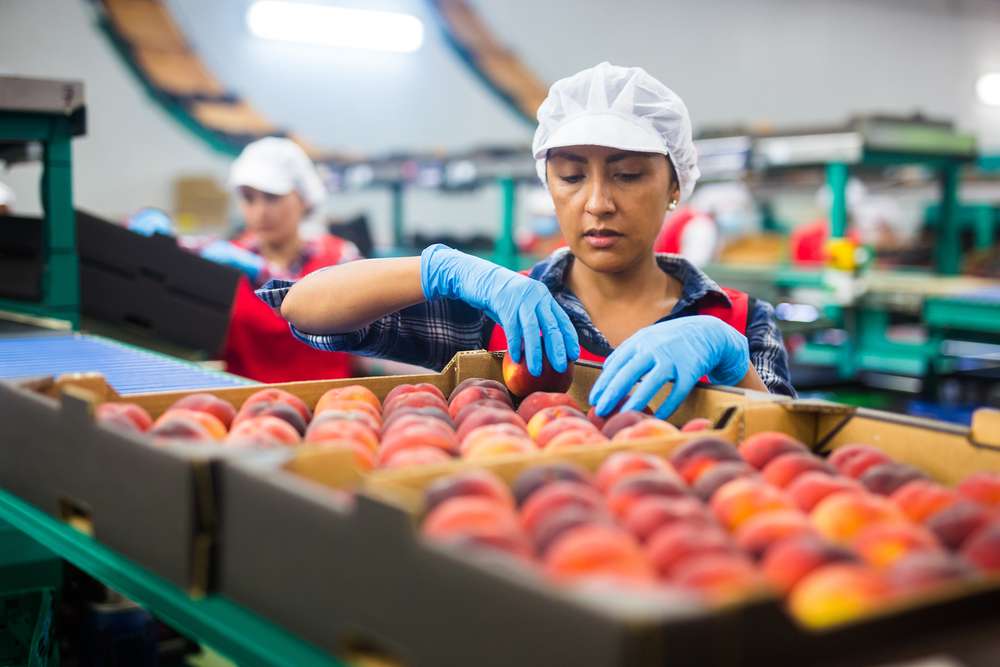Egg Packing Jobs: Roles, Skills and How to Find Work
Egg packing jobs combine manual handling, quality control and basic machine operation in facilities that prepare eggs for retail and wholesale distribution. Workers check eggs for cleanliness and cracks, sort by size and grade, operate packaging lines and keep accurate records. This work is common on farms and in packing stations and often features seasonal peaks tied to production cycles. The role suits people who prefer steady, practical tasks and can maintain attention to detail in a fast-moving environment.

What do egg packing jobs involve?
Egg packing roles typically require inspecting eggs as they come off grading machines, removing damaged or dirty items, and placing eggs into cartons or trays. Staff may operate conveyor belts, automatic carton erectors, and sealing equipment, or perform tasks by hand in smaller operations. Accurate labelling, weighing by batch, and following traceability procedures are often part of the role. Employers expect reliable attendance and a willingness to follow standard operating procedures to preserve product quality and food safety.
What skills and qualifications are needed?
Formal qualifications are not usually required, but employers value attention to detail, basic numeracy for counting and weighing, and manual dexterity. Experience in food production or warehousing is an advantage. Health and safety awareness, the ability to follow hygiene protocols, and good teamwork skills are essential. Some employers offer on-the-job training for machine operation and grading standards. A basic understanding of traceability and simple record-keeping can improve prospects for stable or supervisory roles.
What are typical working conditions and safety practices?
Egg packing facilities often operate in temperature-controlled rooms to maintain product quality, and work can be physically demanding due to standing, lifting trays, and repetitive motions. Personal protective equipment (PPE) such as gloves and non-slip footwear is common, and strict hand-washing and sanitisation procedures are enforced. Employers usually provide training on safe lifting, equipment operation and emergency procedures. Adherence to food safety standards, including cleaning schedules and contamination prevention, is vital for both worker safety and product integrity.
How does seasonal demand affect employment types?
Demand for egg packing staff can fluctuate with production cycles, holidays and retail demand. Many packing stations hire temporary or seasonal workers during peak periods, offering short-term contracts or flex hours. Some roles are permanent, particularly in larger integrated operations with year-round production. Understanding seasonal patterns can help applicants choose between temporary work that provides quick entry and variety, or permanent roles that may offer benefits and progression. Agencies and local services often list both temporary and permanent vacancies.
How to find egg packing jobs and local services in your area
Search local job boards, agricultural recruitment agencies and company career pages for vacancies in packing stations and farms. Many regions have specialist food production recruiters and labour providers that connect workers with shifts and longer contracts. Check listings from packing companies, co-operatives and egg distributors, and use community job centres or “local services” directories for nearby opportunities. Networking with farm businesses and visiting local packing stations can also uncover vacancies that are not widely advertised.
Pay, scheduling and career progression
Pay for egg packing roles varies by employer, contract type and region; many positions start at entry-level rates with the potential for shift premiums, overtime or weekend pay. Scheduling can include early starts, shift work and weekend duties depending on production needs. Career progression is possible: experienced packers can move into quality control, shift supervision or equipment maintenance roles, and larger operations may offer training toward technical or managerial positions. Prospective workers should consider contract terms, benefits and training offers when comparing opportunities.
Egg packing jobs offer practical, entry-level access to food production work with clear tasks and room for skill development. Whether seeking short-term seasonal shifts or a steady position, candidates who demonstrate reliability, attention to hygiene and willingness to learn can find roles through local services, recruiters and direct employer contact.



